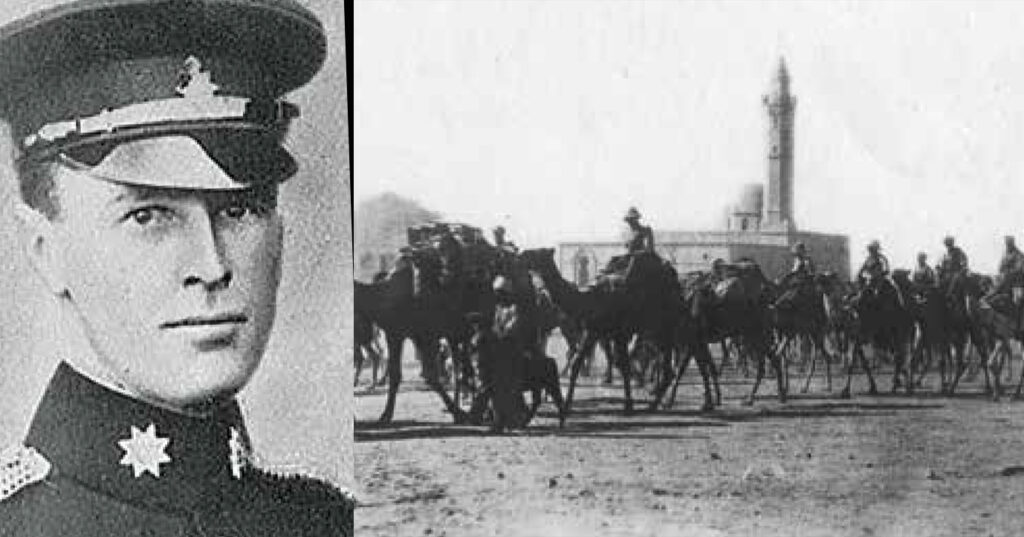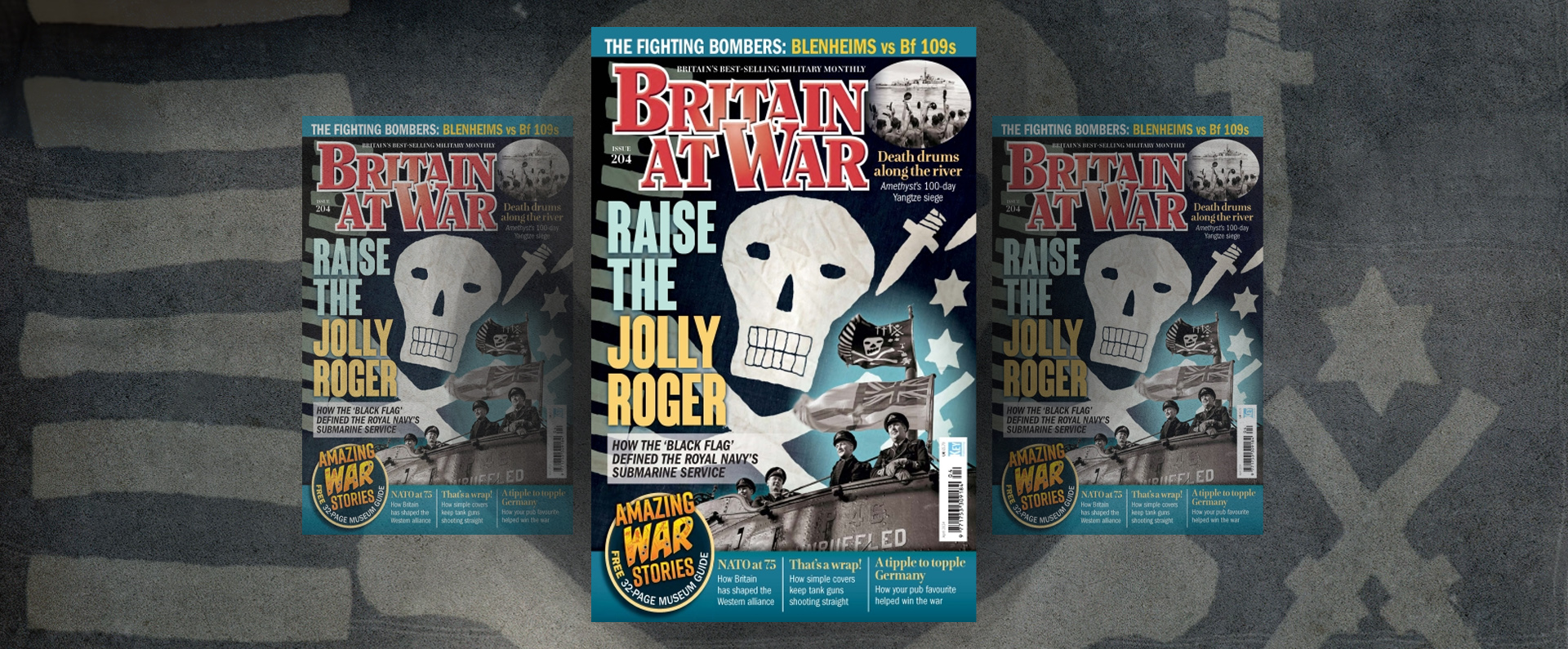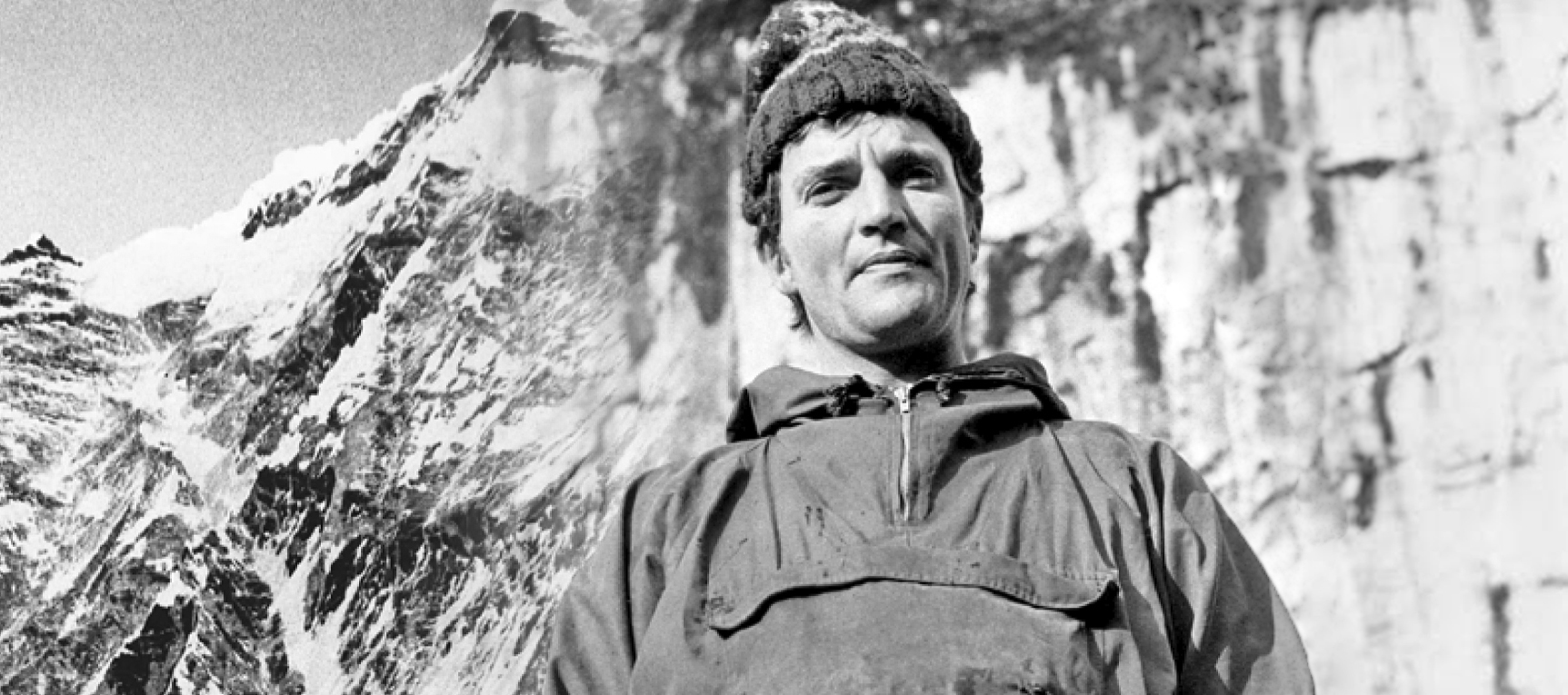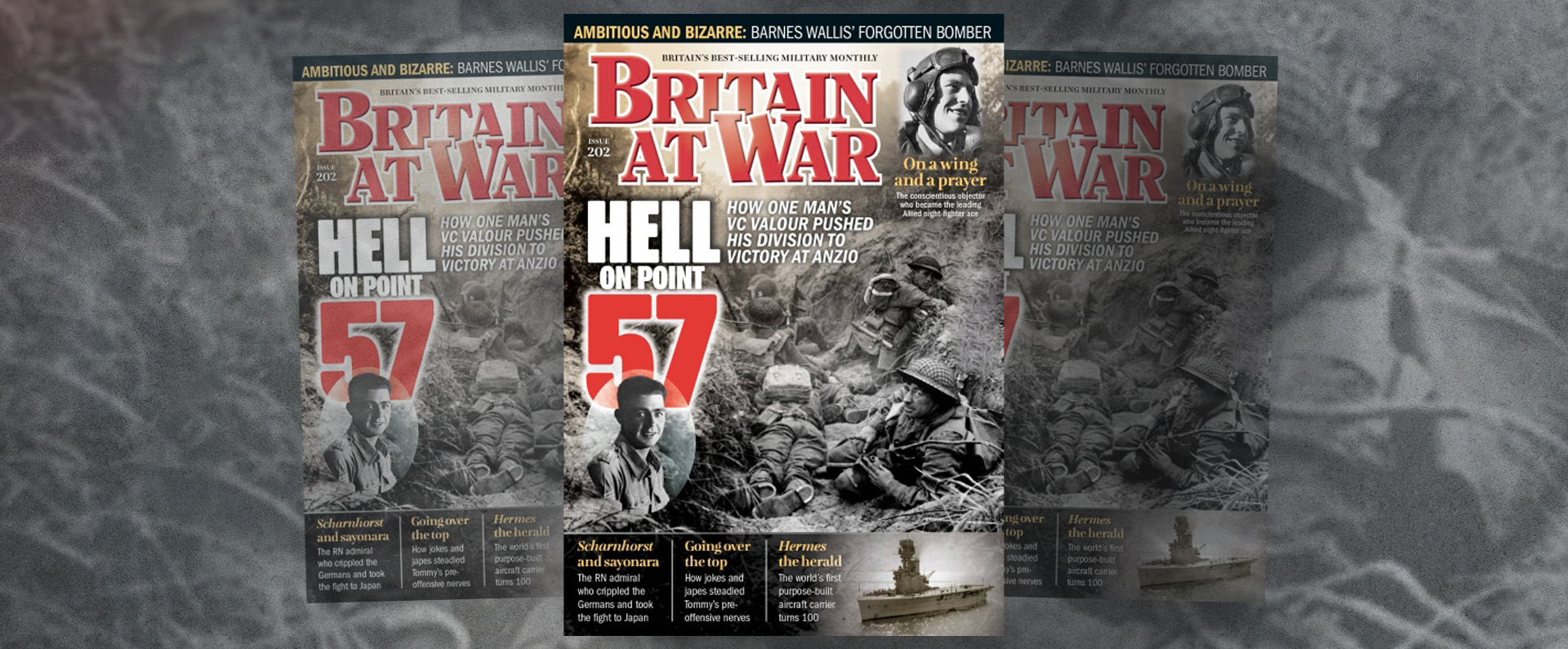
Published in Britain at War in December 2017.
Major Alexander Malins Lafone VC: Endurance
Alexander Malins Lafone was born in the Waterloo district of Liverpool on 19 August 1870. His father was Henry Lafone, a hide and leather merchant and tannery owner, originally from Knockholt, Kent, and his mother was Lucy (née Malins), who was his father’s second wife.
The Lafone family, who were originally from France, was well connected: Alexander Lafone’s uncles were Alfred Lafone, the MP for Bermondsey, and Samuel Lafone, who helped set up the Falkland Islands Trading Company.
The Lafones moved to Dulwich, south-east London, when Alexander, their eldest son, was four. He was later educated at Dulwich College before training for two years at the Electrical Engineering Institute in South Kensington, central London.
In 1893, Lafone started work at the Marshall and Sons engineering works in Gainsborough, Lincolnshire, and the following year he became assistant manager and an engineer at the Jokai Tea Company in Assam, India. In 1897, he joined his father’s business, working at Butler’s Wharf, London. As his business interests expanded, he became a director of several companies and he also became a partner in F.A. Roberts & Co, in Leadenhall, Street, the City of London.
Lafone’s military career began on 28 December 1899 when he joined the Montgomeryshire Yeomanry, serving in South Africa in 1900 during the Second Boer War. On 18 August of that year, during operations in the Transvaal, he was wounded in the right eye.
Lafone, who received the Queen’s South Africa Medal with three clasps for his service in South Africa, sailed for England on 12 December 1900. On 14 August 1901, he was given a commission in the 1st County of London Middlesex Yeomanry, being promoted to captain in July 1902.
During his lengthy military service, Lafone retained his business interests through his directorships and partnership with F.A. Roberts & Co. In August 1911, he was promoted to major. In August 1915, when the Great War was a year old, Lafone served in Egypt and later in the Dardanelles, the Balkans and Palestine, taking command of “B’ Squadron.
In late October 1917, as General Edmund Allenby prepared to invade Palestine, he manoeuvred his forces to take both Beersheba and Gaza. On 23 October, the Turks were driven out of El Baqqar but, four days later, they mounted a counter-attack, targeting several British outposts. One of these was the outpost north of El Baqqar commanded by Major Lafone, a position known as “Hill 720”.
The citation for his VC gives an insight into the bravery and endurance shown by Lafone that day: “For most conspicuous bravery, leadership and self-sacrifice when holding a position for over seven hours against vastly superior enemy forces. All this time the enemy were shelling his position heavily, making it very difficult to see. In one attack, when the enemy cavalry charged his flank, he drove them back with heavy losses. In another charge they left fifteen casualties within twenty yards of his trench, one man, who reached the trench, being bayoneted by Maj. Lafone himself.
“When all his men, with the exception of three, had been hit and the trench which he was holding was so full of wounded that it was difficult to move and fire, he ordered those who could walk to move to a trench slightly in the rear, and from his own position maintained a most heroic resistance. When finally surrounded and charged by the enemy, he stepped into the open and continued the fight until he was mortally wounded and fell unconscious.
“His cheerfulness and courage were a splendid inspiration to his men, and by his leadership and devotion he was enabled to maintain his position, which he had been ordered to hold at all costs.”
Lafone was 47 and unmarried when he died. His last message contained the words: “My casualties are heavy…I shall hold on to the last.” His posthumous VC was announced on 18 December 1917 and in his citation his middle name was misspelled “Malius” (instead of “Malins”). His VC was presented to his brother, Archdeacon H.P.M. Lafone, by George V at Buckingham Palace at an investiture on 2 March 1918.
Lafone’s colonel said of him: “He is deeply mourned by officers and men, and his squadron is inconsolable. Everyone loved him, and his loss is one it is quite impossible to replace.”
Another comrade of Lafone praised his relentless bravery over the best part of a day’s fighting and described him as “one of the most selfless men that ever lived”.
Lafone was initially buried near to “Hill 720” at Esani by a chaplain of the 2/4th Royal West Kents but he was later reburied at the Beersheba War Cemetery, Palestine (now Israel), 25 miles south-east of Gaza. Lafone’s medal group is held by his old school, Dulwich College, where he is also commemorated. Additionally, his name is listed on the Regimental Memorial in St Paul’s Cathedral, central London.
Lafone’s last stand was not in vain. Although his position was eventually overrun, he and his men had delayed the enemy’s advance sufficiently to allow members of the 158th Infantry Brigade and 3rd Light Horse Brigade to get into position.
The British line was quickly reoccupied after the enemy was forced to withdraw, thus preventing the destruction of railways, pipelines and signal communications that had been prepared for the coming offensives. As a result, there were soon significant gains: Beersheba fell to the British on 31 October 1917 and Gaza on 7 November 1917.
Lafone’s gallantry from a century ago has never been forgotten: on 10 July 1965 at Camp de Frileuse, France, a cavalry lance was presented by the Turkish National Military Representative to 47 Signal Regiment (Middlesex Yeomanry) in recognition of his bravery. In return, the Middlesex Yeomanry presented an inscribed sword, which also recognised Lafone’s courage, to the Turkish Cavalry.
Download a PDF of the original Britain at War
For more information, visit:
LordAshcroftOnBravery.com


